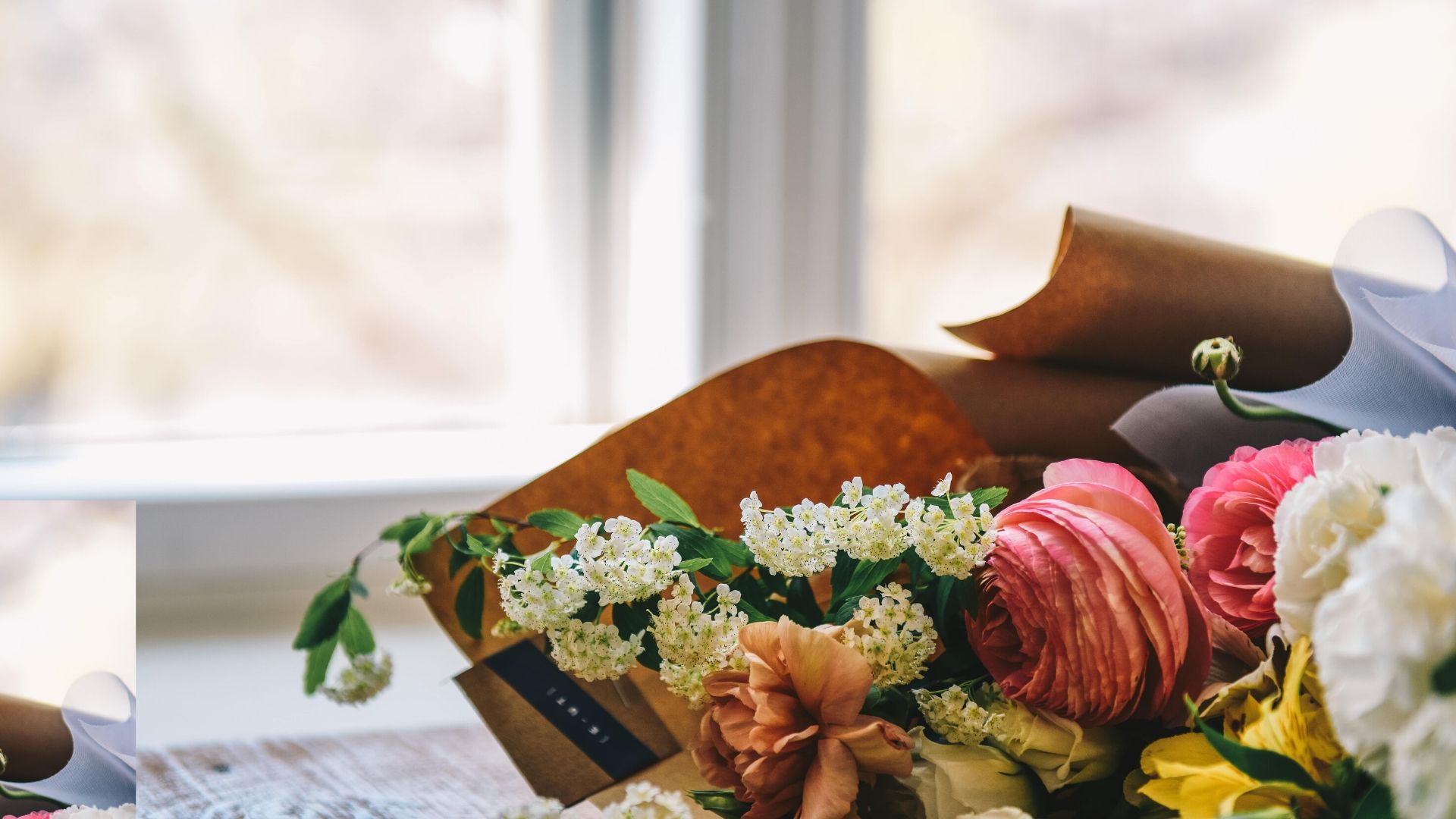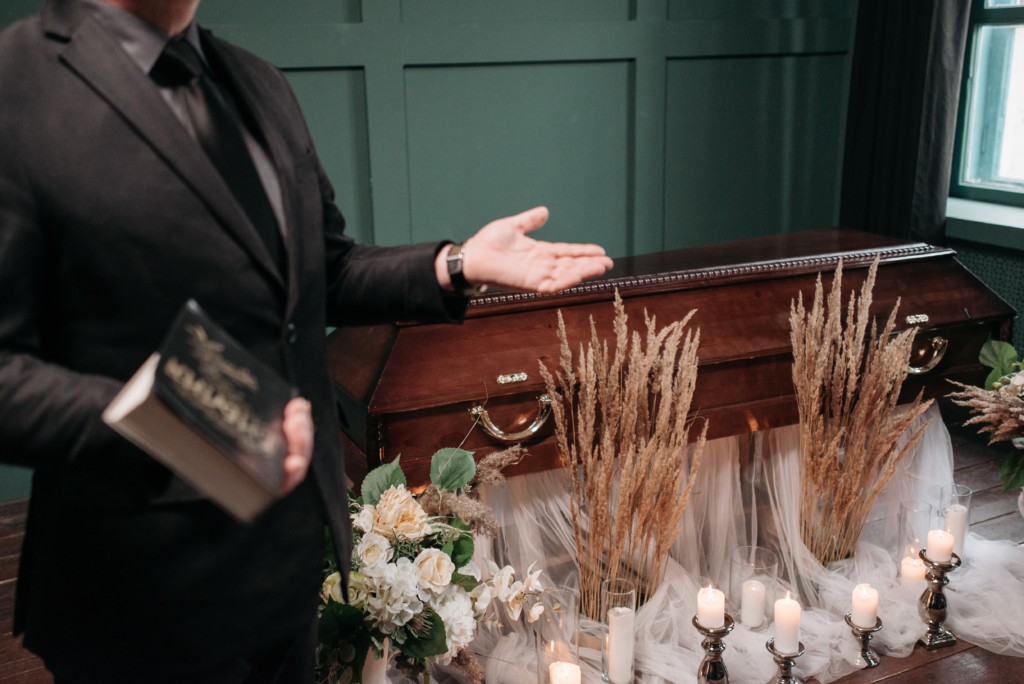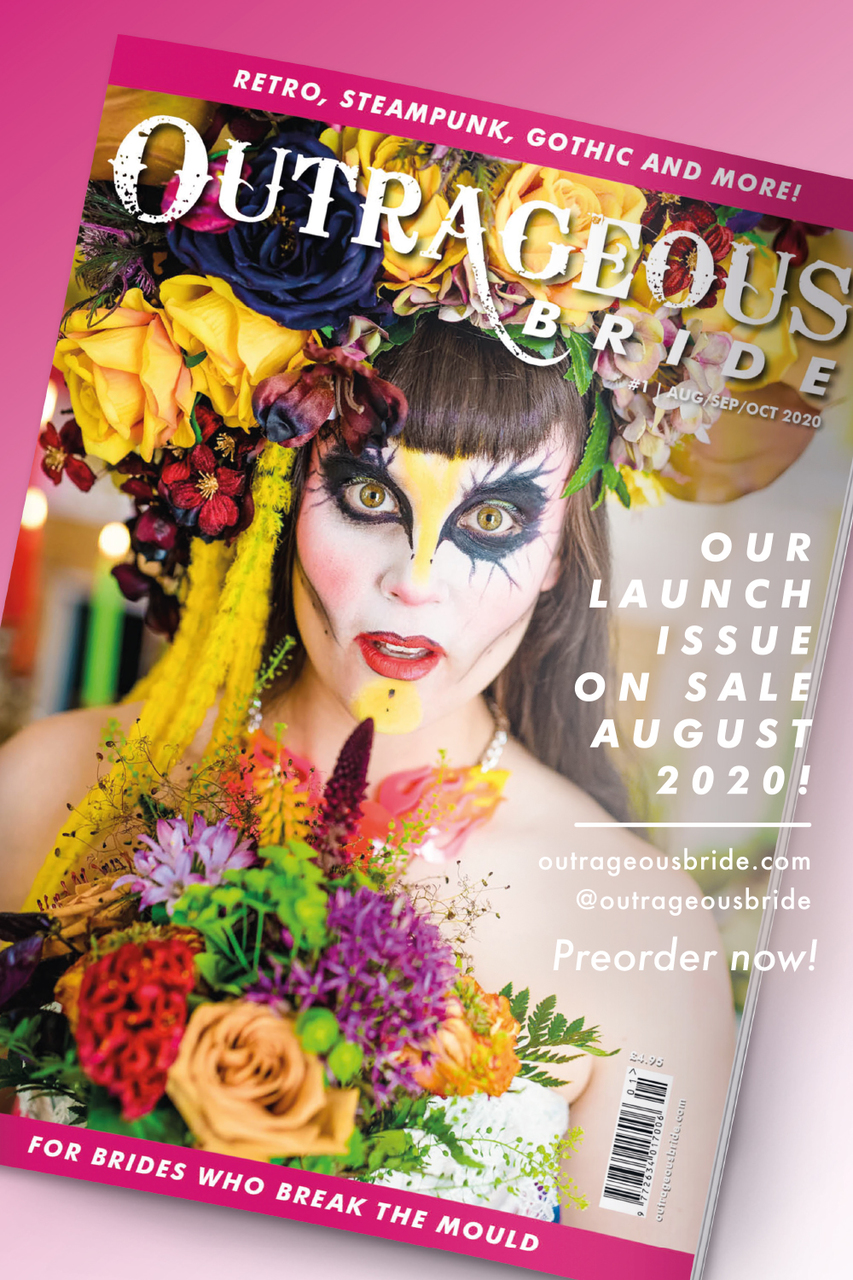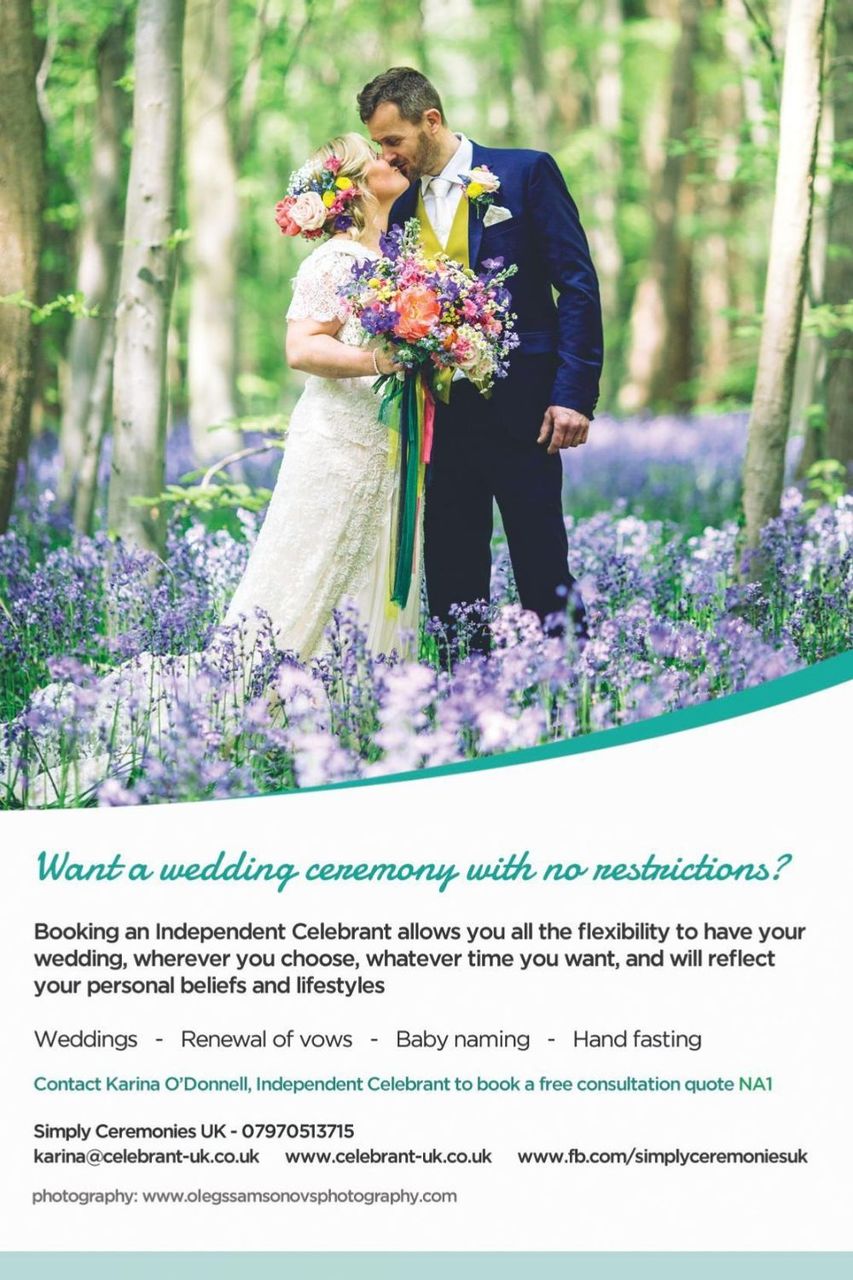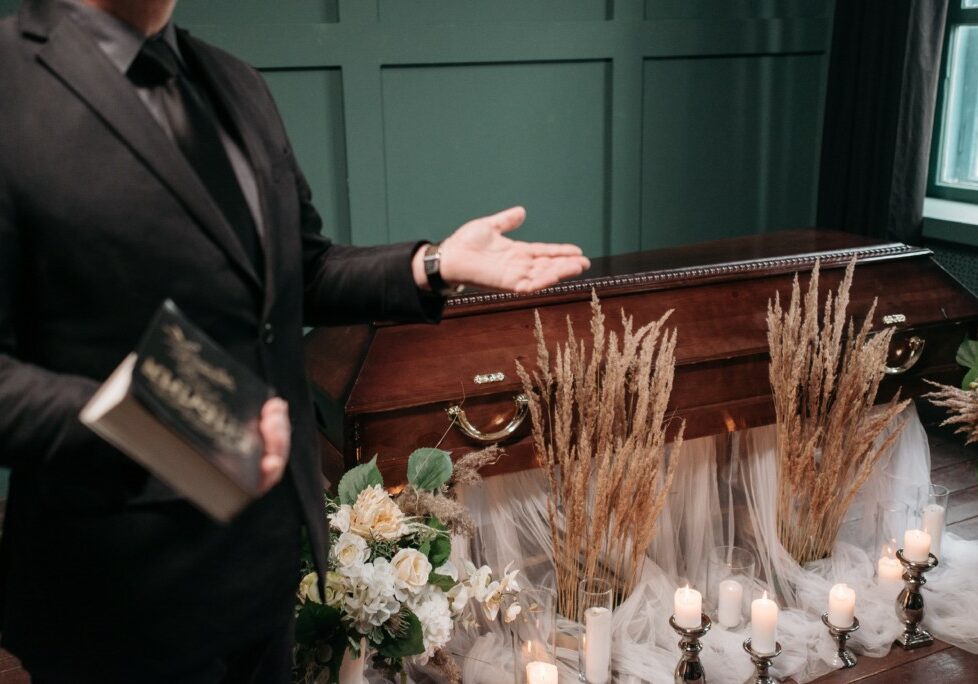
I Worry About My Emotions When Officiating Funerals – Won’t Showing Tears Be Seen As Unprofessional?
In this article, Ellen shares her thoughts and perspectives about a very sensitive topic, in a thoughtfully written piece about how Celebrants manage emotions during a funeral service all while supporting those who are bereaved.
Please note all images and names have been replaced as Ellen talks about her true experiences.
Over to you, Ellen.
___________________
It was every parent’s greatest fear. The grief that filled the air on this particular day at the Crematorium felt a great and powerful weight on everyone’s hearts.
Baby Arthur spent nine very active months in his mother’s womb fiercely reminding her of his presence. She often claimed that Arthur’s activity was a clear indicator that he would be an enthusiastic child.
That particular phone call with the Funeral Director posed a dreadful situation. Could I meet with the young parents as soon as possible? Though Baby Arthur’s mum went into labour right on schedule, somewhere in those moments between making the journey through the birth canal and entering the world, Baby Arthur died before he could take his first gasp of breath. Baby Arthur was born sleeping.
A few days later, I met with his parents, consciously overlooking the baby equipment that hadn’t yet been moved elsewhere. It was one of the most arduous meetings I have ever had to take with a family. The young mother’s tears would not stop flowing, the young father sat paralyzed by the shock of grief.
We managed a gentle chat, quiet and slowly, with much space between our thoughts. I sat wiping my own eyes from time to time, fully engaged in their raw grief. We had a lingering hug at the end of my visit, a sign that they felt safe and understood, trusting me to create a lovely service, given such devastating circumstances.
Conversations about the life of someone who has just died are never easy. They are precious and delicate and a deeply important few hours focussed on remembering a loved one through both sorrowful and joyful tears which somehow blend to coat their devastation with healing memories.
Generally, when someone dies, their greatest gift to us is the memory of their presence in our life, a treasured possession that is memorialised in the words spoken at their funeral service, so a compassionate meeting handled with grace and sensitivity is essential.
For Baby Arthur, the conversation would lead us on a different focus; the dreams that would never be fulfilled, the parenting trials and tribulations that would never be experienced, the chronological school photos of their child growing up through the years that would never be printed, the rites of passage that their child would never attempt or achieve.
Where memories live best in us, is in the story of lives. But for Baby Arthur’s parents, they had an ever so brief story of his life, and much of that was hidden within his time in the womb; their own anticipation and hopes and imagination and plans. They could tell me not much more than how they were left paralysed with grief.
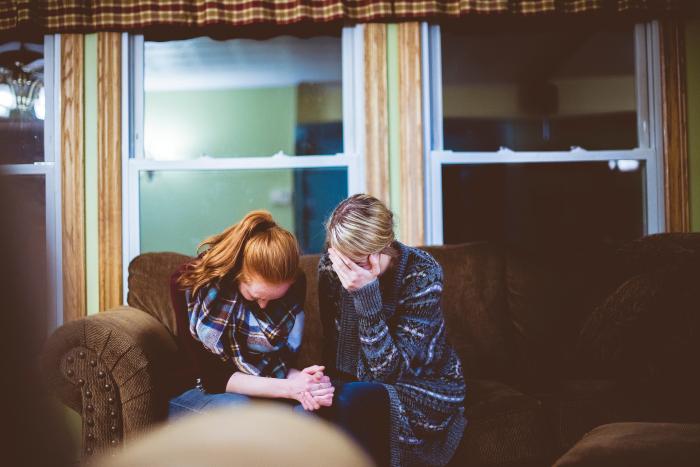
On the day of the funeral, I led everyone into the chapel, managing to hold myself measured and steady. I spotted Baby Arthur’s tiny wicker casket sitting on the little table I had requested to be placed near his parents; the standard catafalque seemed far too massive for his delicate, little presence. The tiny casket somehow filled the room with its presence. My throat closed around the words I was soon meant to speak.
Ours was an unlikely relationship because I would come into their lives because of a horrendous tragedy. My job was to sit with the parents, just ‘be’ with them and, ultimately, with utmost compassion, lovingly create his funeral service. Most of my sentiment came from listening to the space between the words his parents shared.
Baby Arthur’s parents could never have imagined being alive to witness their own child’s death. Grieving for someone we love, regardless of how long that relationship is in time, brings not only shock and deep emotion, it also brings its own concept of aftershocks known as ‘grief bursts’. And these have different affects on people. There are no circumstances of death that warrant more or less of our reaction and emotion. How, or whether we respond emotionally depends solely on our own personal experiences with loss and our own capacity to grieve.
‘Grief bursts’ are not uncommon amongst Celebrants. We are touched by the stories of a death and even though we may often be strangers to our clients, we can share a similar story and have taken a similar life journey through loss.
For us, it is not humanly possible to stand amongst a community of people whose hearts have broken and whose worlds have collapsed, without feeling the sheer sadness, sorrow and despair that grips everyone so tightly.
Early in my vocation as a Funeral Celebrant, my mind questioned my right to allow myself to feel overcome by emotion while delivering a funeral service.
I mustn’t weaken to emotion, am I not meant to be the strong one?
Surely my reputation for being professional will be called into question?
Won’t I come across as disrespectful if I put attention on myself when the family is grieving so deeply?
Shouldn’t I just swallow my feelings; after all, this isn’t personal for me – is it?
As with much about life, there are no right or wrong answers. While I hold the strong tenet that being vulnerable with emotion makes us strong mentors for others, I appreciate that this is not the same for everyone.
What I do know is that shedding tears is not a weakness, and it is not unprofessional in our capacity as Celebrant, though I respect that some feel we must remain stoic.
I believe that it requires a certain professional strength to open our hearts in order to feel someone else’s loss so deeply that we cannot walk away from the experience unchanged in some significant way.
But beware – opening ourselves and our hearts to the grief of others is an encounter that can draw out our own ‘grief bursts’ as we find that we are often touched by the experience of strangers.
Our own sense of mortality might come to the surface, or the story of the deceased dregs up similar memories of our own.
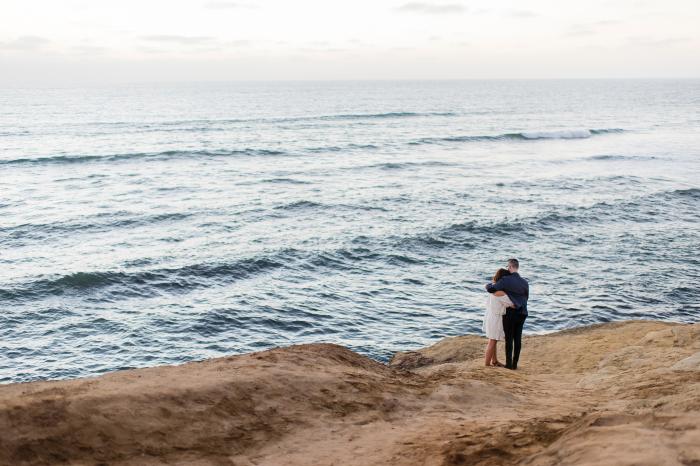
Perhaps we pushed down the grief of our own loss years ago and a particular service triggers that memory, making it spring to life again – if you will, a sort of ‘memory foam’ response is activated.
Perhaps the circumstances of the death touches us in a way that isn’t clear, and it isn’t something we can shake off without denying its very existence.
Sometimes, an element about the deceased’s story will tug so firmly at my own heart, that my inner pilot light of grief is automatically flicked to the ‘on’ position. Whatever the trigger, those feelings can rise strong.
Such is the essence of grief … when a loved one’s heart stops beating, ours continues to live on and tap out one healthy beat of life after another. Life around us must go on, and that becomes understood over the gentle passage of time.
The day of Baby Arthur’s funeral was an emotionally heavy day. First and foremost though, my job as a Celebrant is to be the one in control; in control of the details, in control of the timing, in control of the service. And as much as possible, in control of my own emotions.
That morning, the chapel was overflowing with a sea of grieving faces who wished to show their respect and pay tribute to the life that Baby Arthur would never live. My throat felt constricted, my voice not as steady as usual.
After I asked everyone to be seated comfortably, I looked about the chapel for a long moment, connecting with the eyes of every broken heart in attendance. I noticed a few empty seats. They belonged to a few family members who just could not bring themselves to walk into the chapel, knowing that this service would make Arthur’s death feel so final.
Although we were gathered for a funeral, I suggested to Arthur’s parents that we include a Naming Ceremony early on in the service. The loss of a child is not an event, it is an indescribable journey of survival for the parents and the family in the years to come, so it was important that Baby Arthur had his place marked in history.
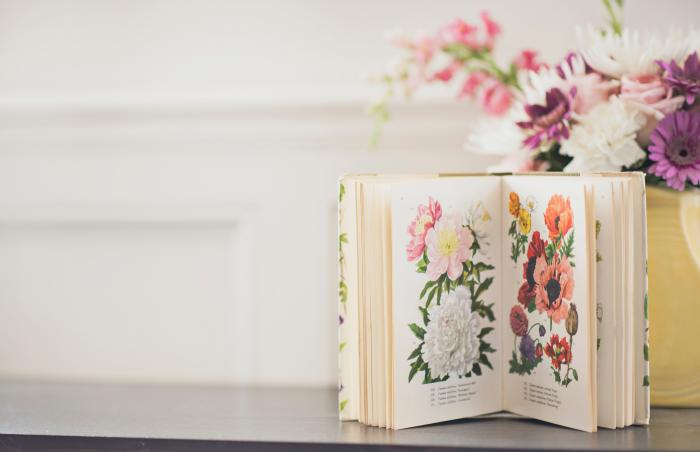
I respectfully named Arthur with the special names his parents had chosen for him long before his anticipated birth. And that set a really lovely tone for the rest of our time together because I believe it reminded everyone that Arthur was someone in our world, and he had a place.
When writing a service for a baby or a child, I often can’t help but wonder who that young soul might have been had they continued to grace our earth.
And if the service is for a young adult who had died, I wonder how many more lives could they have touched.
When a beloved grandparent dies, I always imagine what a loss it will be for that family to no longer have stories to collect, no longer have that person’s wisdom and laughter to fill the space in between the generations.
I glanced at Baby Arthur’s family many times during the service and each time I felt their deep despair at how the world could possibly keep moving forward while they are sitting there in great darkness feeling frozen and broken and shattered into a million pieces. A piece of us always goes with the person we loved dearly, and a small but powerful hole is left in its place as we are regularly reminded of what ‘might have been’.
It is very natural that Celebrants will, at times, feel emotional while meeting with a family to discuss a particular celebration of life, and certainly while officiating a funeral service. For some of us, our own grief may be triggered not by someone’s story, but by an element of the funeral itself; a chosen song, a piece of prose, and before we realise it, we are taken back to a chapter of life we have already lived once.
Perhaps it is a gentle reminder that life really is just a series of moments, some are simple and brief while others are significant, more complex and lingering. Many moments we forget over time, while some are forever etched in our hearts.

Each of our days is made up of 1,440 minutes, and we get to make each moment our own. How many moments are in a life? That is a question without an answer – none of us know.
But life is also a series of heartbeats. And within each heartbeat lies our compassion and our emotions, two incredibly powerful aspects of life that are not always easy to steady and control.
From the generations that have gone before us, we have learned that public displays of emotion are best kept at bay. We are brought up on the coattails of a generation that believed a ‘stiff upper lip’ was the hallmark of respect.
Though none of those outdated attitudes serve us well today, nor do they heal our grief or prepare us for emotions that are unexpected, I respect the times from which that cultural behaviour was born.
I reached several crossroads while delivering Baby Arthur’s service. At the start, I could feel my own emotions rush up inside me. I knew that tears would flow, and in strength, I didn’t deny them.
I spoke with a measured pace, and I took long, deep breaths now and again, with frequent sips of water, to help keep my emotion genuine, while bravely not denying what this moment was all about. I had to stop on occasion to quietly collect my thoughts and wipe away tears. Baby Arthur was a real person, and mine were real emotions.
I remembered the Funeral Director’s words to me when we were discussing this particular service. He very kindly said ‘it is alright to show emotion’. I carried those words with me into the service that day, almost as a sort of balm for my soul and permission to be real and to tell Baby Arthur’s story and the story of what would never be, with great sensitivity, a gentle love and an unmistakable level of true emotion.
There is a vast difference between being a ‘blubbering mess’ and simply being humanly caught up in the sadness of someone else’s loss. I have learned that people connect with other people who can show they genuinely understand the heart of a situation.
So this is why I allow myself, as a Celebrant, to feel emotional and to show measured emotion when I am in a professional capacity. And this is why it is okay to cry some tears when I am meeting with a family to discuss the deceased’s life story, or when I am telling their story in a loving and deeply respectful way.
Because by doing so, I am giving others permission to deeply feel their own pain and their own loss, instead of forcing it down until it becomes physically painful.

In our Western culture, we have socially forgotten how to grieve for a loved one. We are told any manner of things that give the clear message that it’s time to move forward, time will heal our grief, things will be much better as time goes on, our loved one is in a ‘better place’, it’s time to let go.
The world wants us to turn the page. We want to remain in the current chapter. Whatever we had faith in becomes an illusion, for a time. So that advice holds little value for someone grieving the death of a loved one.
The reality is that grieving takes as long as grieving takes. As a Celebrant, I believe it is part of my job to understand and support this.
Whether it is quietly shedding some tears, having to take a moment to compose my thoughts or pace my voice, stopping to take a deep breath during particularly moving moments in a service or momentarily acknowledging someone who is desperately caught in despair, being real and being human does not compromise our professionalism. It encourages others to trust us, to feel safe with us, and to catch a connection with us.
And it gives others permission to give life to their sorrow and be with that grief in the moment without feeling judged, feeling wrong or feeling otherwise silenced.
Allowing ourselves to openly grieve on behalf of our clients is good for our own soul, while paying a beautiful sort of tribute to the deceased through tears that make their way directly from our heart.
Photographer Credit: Bec Zacher Photography
subscribe
drop us your email and we'll send you beautiful ideas to inspire your perfect celebration

